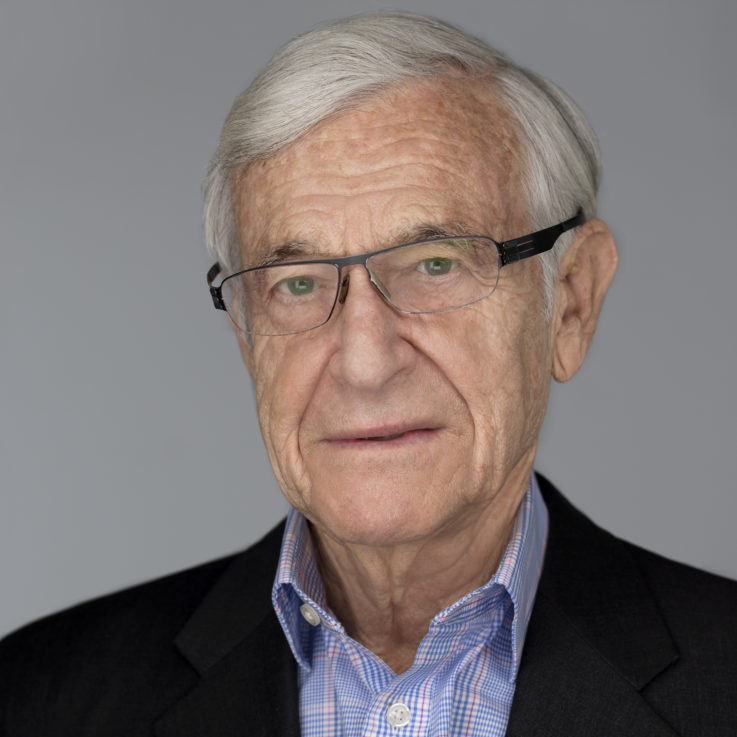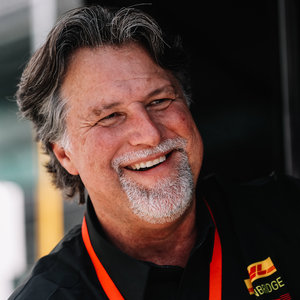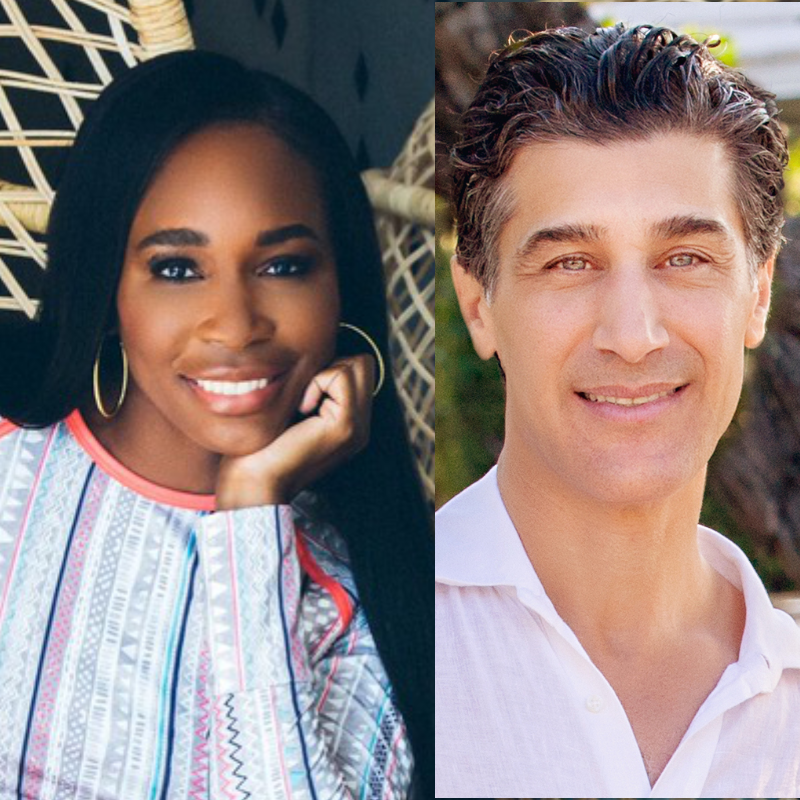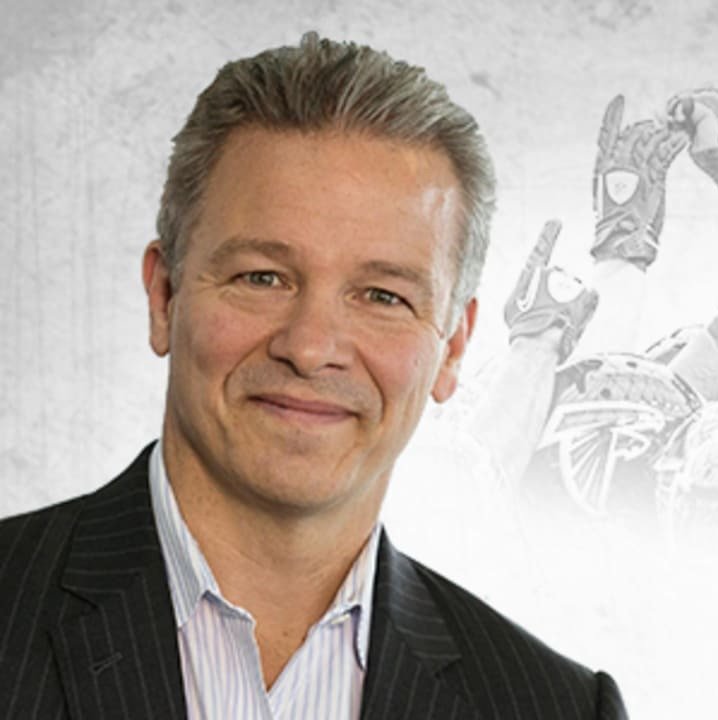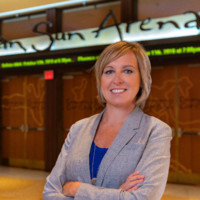.avif)
Summary & Bio
We’re covering a topic today that has been getting a lot of press attention – online voting. The media often presents either the left or right view, but as it turns out the majority of citizens don’t fall squarely into one camp or another.
As with most things in life, people just want to collect as many data points as possible to make an informed decision. That’s what we hope to provide you from our guests today, Larry Moore and Kahlil (KB) Byrd are Co-Chair of Civic Engagement and Voting Rights at the National Council for Independent Living and founder and CEO of Invest America, respectively.
As you listen to the interview you’ll see, as I did, that this is mainly an issue of innovation and technology adoption – a.k.a. “digital transformation” – the government often lags other sectors when it comes to these areas.
You’ll hear Larry and KB's views about why online voting seems to be so controversial, how elections can become more resilient (i.e. free, fair, safe from cyber attacks etc.) and the notion of access to voting.
A fact to ponder – if online voting takes off and say 60, 70 or 80% of people vote from their devices, it could drastically change how political parties think about their "Getting Out The Vote” strategies and where the massive pile of political money flows.
Notes
• An overview of today's topic and how we willapproach discussing online voting. [0:02:51]
• Some background information on our two guests,Larry Moore and Kahlil Byrd. [0:06:46]
• The controversial status of the issue of onlinevoting and the history of divergence on the subject. [0:08:32]
• Roadblocks to progress and reform; academicattitude towards innovation. [0:12:11]
• Outsized resistance and the partisannature of press coverage of the issue. [0:13:55]
• Existent problems in the election process thatthe pandemic has exposed more clearly. [0:16:44]
• 'Getting out the vote', voter numbers and howonline voting might impact strategies. [0:18:28]
• How the voting experience can slowly shiftengagement and involvement. [0:21:30]
• The possible effects on GOTV for the differentpolitical parties. [0:23:55]
• The example of a recent vote in Utah and thelesson it teaches about what is possible. [0:25:19]
• Polling security and the importance of trust andidentifying new problems on new platforms. [0:26:21]
• Testing, debating, experimenting; involvementfrom the public and private sector. [0:28:55]
• The multitude of issues that can be eliminatedand minimized by online voting. [0:30:22]
• Fear of innovation and ignorance of the presenceof a positive opportunity [0:31:52]
• The software of voting versus the hardware ofvoting; allowing new technologies to come to the fore. [0:34:14]
• Questioning the current claims of 'settledscience' against online voting. [0:35:41]
• The first few phases of instating these changesand the two essential components. [0:36:30]
• The need for economic support from the privateand governmental sectors. [0:38:02]
• Frustrating narratives in mainstream media;regurgitation and ignorance. [0:38:13]
• Optimistic news stories that are beginning tosurface about successful initiatives. [0:39:53]
• The considerations of accessibility and thevoice of the disabled community. [0:40:45]
Featured Episodes
.svg)
.svg)
.png)

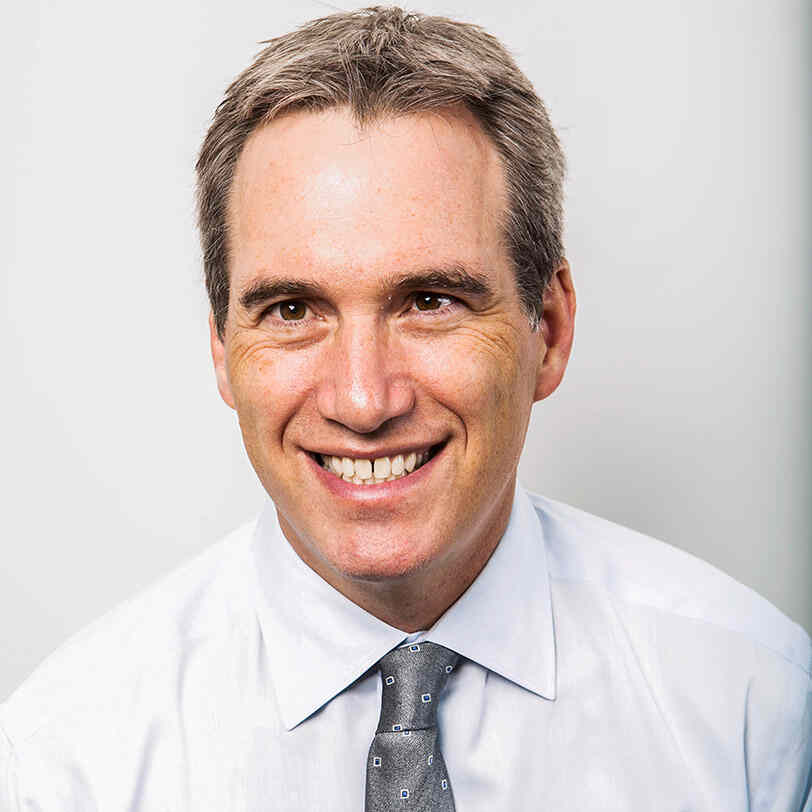
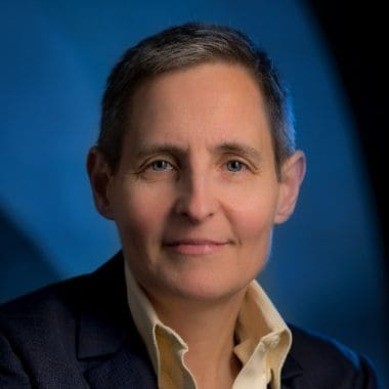
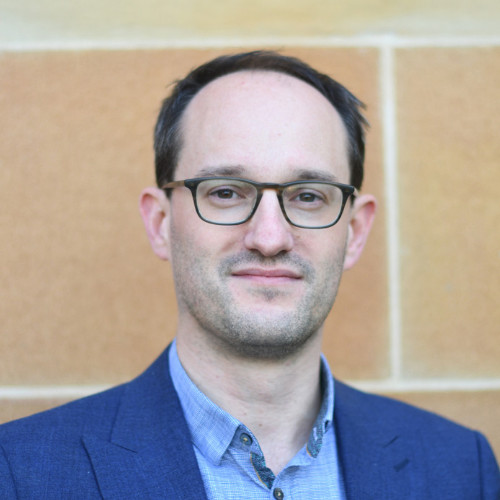



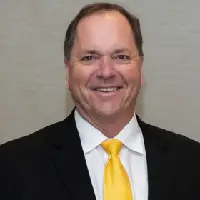


.jpeg)


.jpeg)
